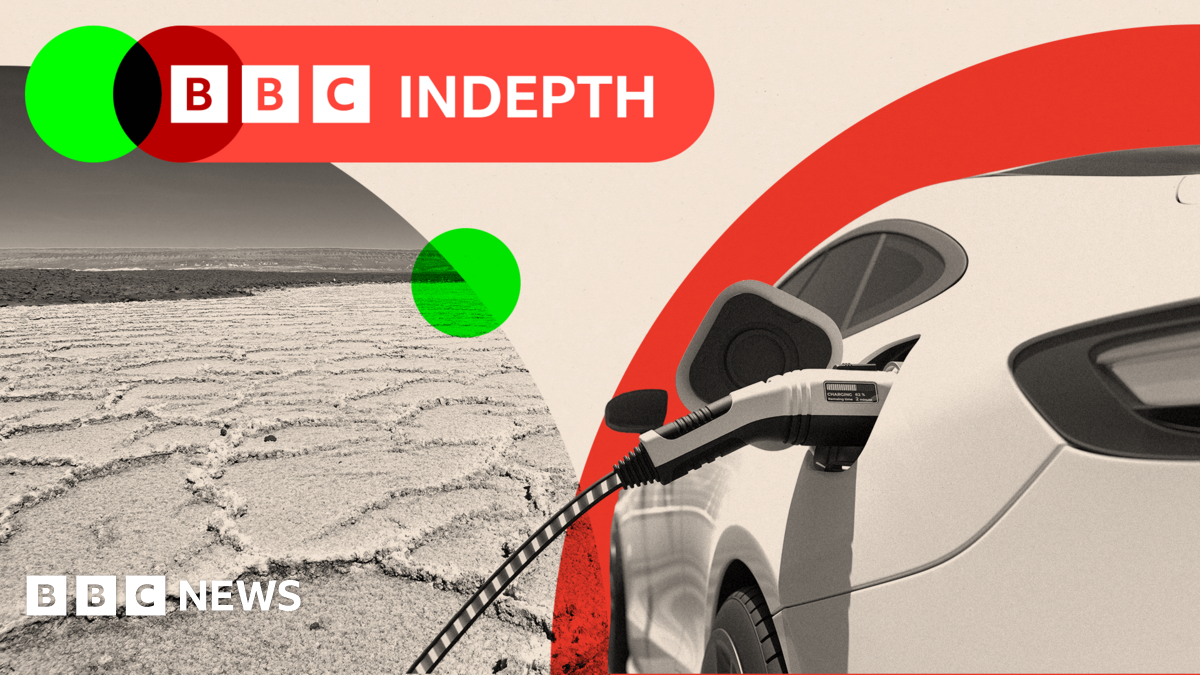
The rise of green tech is feeding another environmental crisis
The world's race to decarbonise has led to the rise of electric cars - and with it, soaring demand for lithium, which is required for the batteries



Nice although are we looking at the amount of material we dig up or are we looking at the amounts of final metal extracted? These can be quite different of course.View attachment 212987
I do like this image, it puts things into perspective.
It is 2019 mind.
Go find lithium.
View attachment 212988
Found one for 2022
Not true. CO2 is produced and returned into the ground as solid or liquid carbon. Just takes a few years.At the end of that stuff's life it can be recycled and reused but fossil fuels are burnt once then they're gone.

 theconversation.com
theconversation.com
